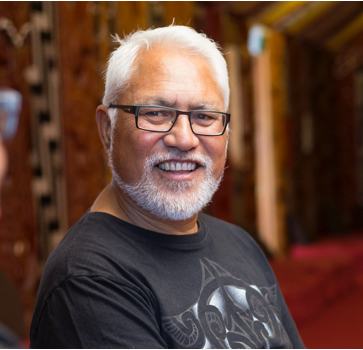Overview and key terms
The main legislation
Te Ture Whenua Māori Act 1993 and its purpose
Te Ture Whenua Māori Act 1993, Preamble, s 17
Māori land is governed by Te Ture Whenua Māori Act 1993 (the Māori Land Act), which recognises that land is taonga tuku iho, holding special significance for Māori.
The two key objectives of the Act are for Māori land to be retained as taonga tuku iho in the hands of its owners and their whānau, their hapū and their descendants, and to promote Māori land being used, developed and controlled by those Māori owners. To achieve those goals, the Act requires that almost all dealings with Māori land must be examined and approved by the Māori Land Court, including, for example, the selling or gifting of Māori land.
The Act’s focus on retaining Māori land in the hands of its owners and their descendants is a change from earlier laws, when there was a drive to individualise Māori customary ownership and make it easier to sell land.

